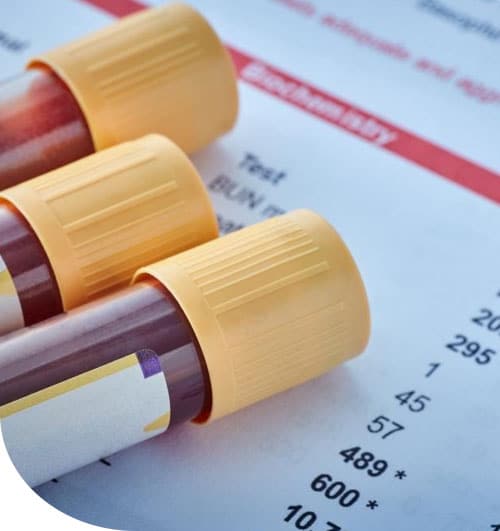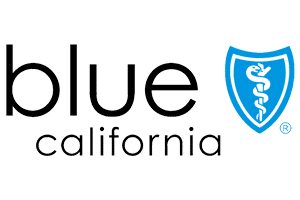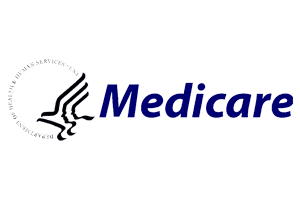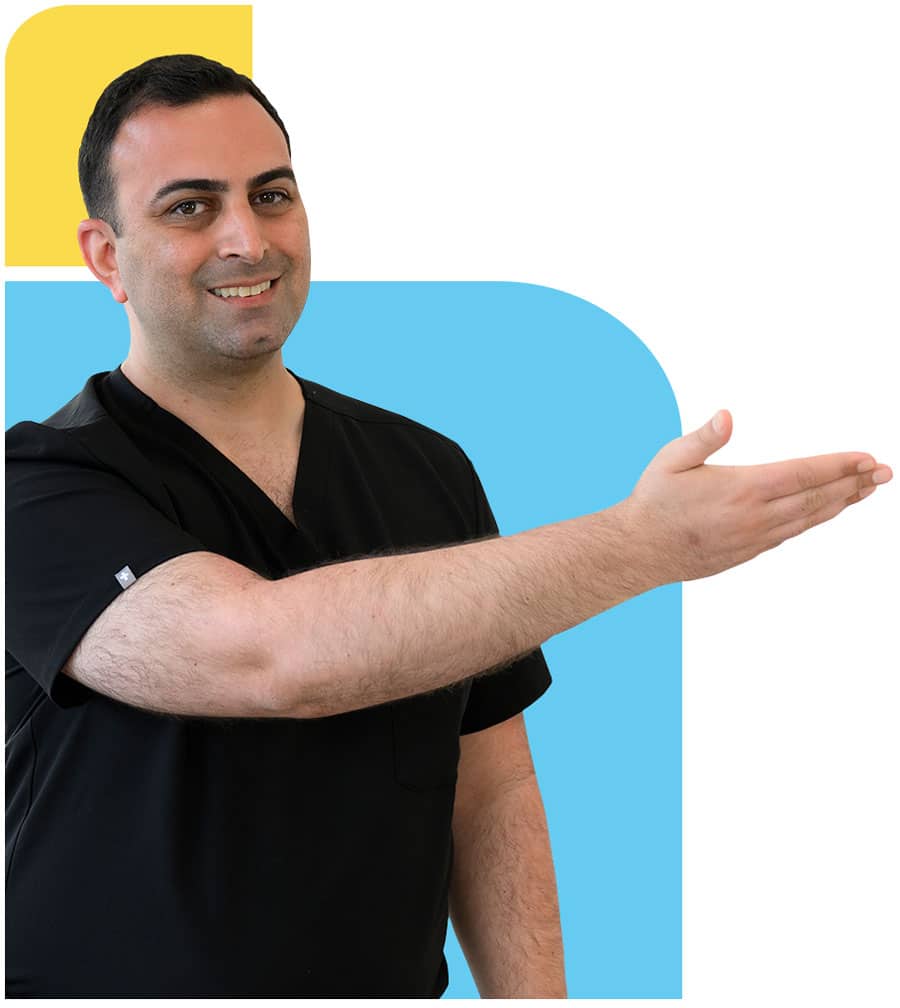STD Testing
STD Testing in Burbank
If you’re sexually active and at risk of contracting a sexually transmitted disease (STD), turn to Care Fast Urgent Care in Burbank, California. Albert Kashanian, MD, Nora Davidian, PA, and their expert team offer STD testing and treatment to reduce symptoms of or resolve your condition and prevent complications. Simply walk in today for STD testing.

STD Testing Q & A
What is STD testing?
STD testing at Care Fast Urgent Care involves a variety of methods to screen for sexually transmitted diseases. STDs are diseases or infections you can contract through sexual contact (oral, anal, or vaginal sexual intercourse) with an infected partner. Untreated STDs can spread from person to person and sometimes cause serious complications.
What are common STDs?
STDs are often caused by parasites, bacteria, or viruses. Common STDs include:
- Trichomoniasis
- Human papillomavirus (HPV)
- Gonorrhea
- Chlamydia
- HIV/AIDS
- Hepatitis B
- Hepatitis C
- Syphilis
- Crabs (pubic lice)
- Herpes
Not all STDs cause symptoms, at least not right away. Routine STD testing with Care Fast Urgent Care can detect STDs early before they cause complications or spread to other people.
What are the symptoms of STDs?
Common signs, symptoms, or complications associated with STDs include:
- Painful or burning urination
- Sores or bumps in your genital area
- Genital warts
- Penis discharge in men
- Discolored or foul-smelling vaginal discharge
- Pain with sexual intercourse
- Unusual vaginal bleeding
- Pelvic pain in women
- Sore or swollen lymph nodes
- Fever
- New or unusual rashes
- Infertility
- Cervical or rectal cancer
- Pubic lice moving around
These or other symptoms might appear several days after being exposed to an STD, or it could take several years before you experience any signs or symptoms.
What happens during STD testing?
STD testing often includes a physical exam, including a pelvic examination in women. Your provider can evaluate areas of your genitals that exhibit symptoms of STDs. They may recommend a urine test, blood test, or tissue or fluid swab to determine which type of STD you may have and find the best treatment.
What are common STD treatments?
Some STDs are curable, while others aren’t but can be managed with proper treatments. Antibiotics can cure parasitic infections like gonorrhea, syphilis, trichomoniasis, and chlamydia.
Antiviral medicines help better control symptoms if you have HIV, herpes, or other STDs caused by a virus. During and after your treatment, avoid sexual contact until your provider gives you the OK. Disclose to your partner that you have an STD, as they must get treated, too.
If you’re at risk of an STD or exhibit symptoms of one, walk in today.

















